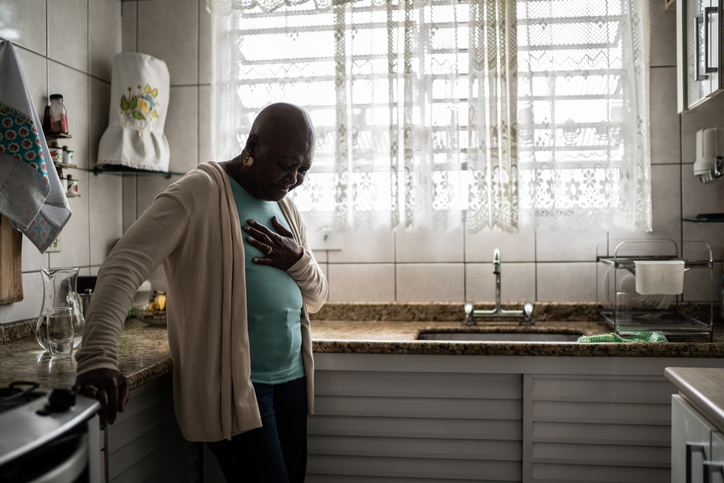
Mortality associated with heart failure (HF) has largely remained unchanged in the last 20 years, and one possible reason could be depression, according to Bruce Rollman, MD, MPH, of the University of Pittsburgh School of Medicine, who discussed results of a recent National Institutes of Health-supported study on the topic during a session titled, “Blended Collaborative Care for Treating HF and Comorbid Depression: 12-Month Primary Outcomes from the Hopeful Heart Trial” at the American College of Cardiology Annual Scientific Session.
A number of studies have shown that depression is highly comorbid in patients with HF. In this patient population, depression is associated with decreased health-related quality of life, decreased adherence with evidence-based care, and increased mortality, readmissions, and healthcare costs. However, depression is rarely recognized and treated in these patients.
The chronic care model has been used to treat other cardiac conditions and includes a team-based, proactive approach that includes guideline-based care. In the Hopeful Heart trial, the researchers assessed the application of this care model for depression and HF.
The study screened individuals with the Patient Health Questionnaire-9 and categorized them as depressed (n=629) or not depressed (n=127). Those with depression were randomized to receive collaborative care for depression and HF (n=250), collaborative care for just HF (n=250), or usual care for HF and depression (n=125). At baseline, patients with depression reported worse cardiac functioning and worse quality of life, but other baseline characteristics were similar.
The 12-month intervention included regular phone calls from the care manager to assess current care, promote adherence, and recommend adjustments in medications, as well as monitor treatment response. The cohort that received collaborative care for HF and depression had weekly meetings with a psychiatrist, as well as the cardiologist, internist, and nurses.
This collaborative care method resulted in improved mental health-related quality of life (P=0.002) and mood (P<0.0001) compared with the usual care cohort. Collaborative care for HF and depression also reduced mood symptoms more than collaborative care for HF alone.
However, treating depression did not improve self-reported HF function, said Dr. Rollman. There were also no significant differences in 12-month all-cause readmissions or mortality in both the depressed and not depressed cohorts.
“We need more effective treatments for depression,” said Dr. Rollman.
The study is limited by its size and single-site design.
Visit http://www.hopefulheart.pitt.edu/ for more information on the trial.







 © 2025 Mashup Media, LLC, a Formedics Property. All Rights Reserved.
© 2025 Mashup Media, LLC, a Formedics Property. All Rights Reserved.